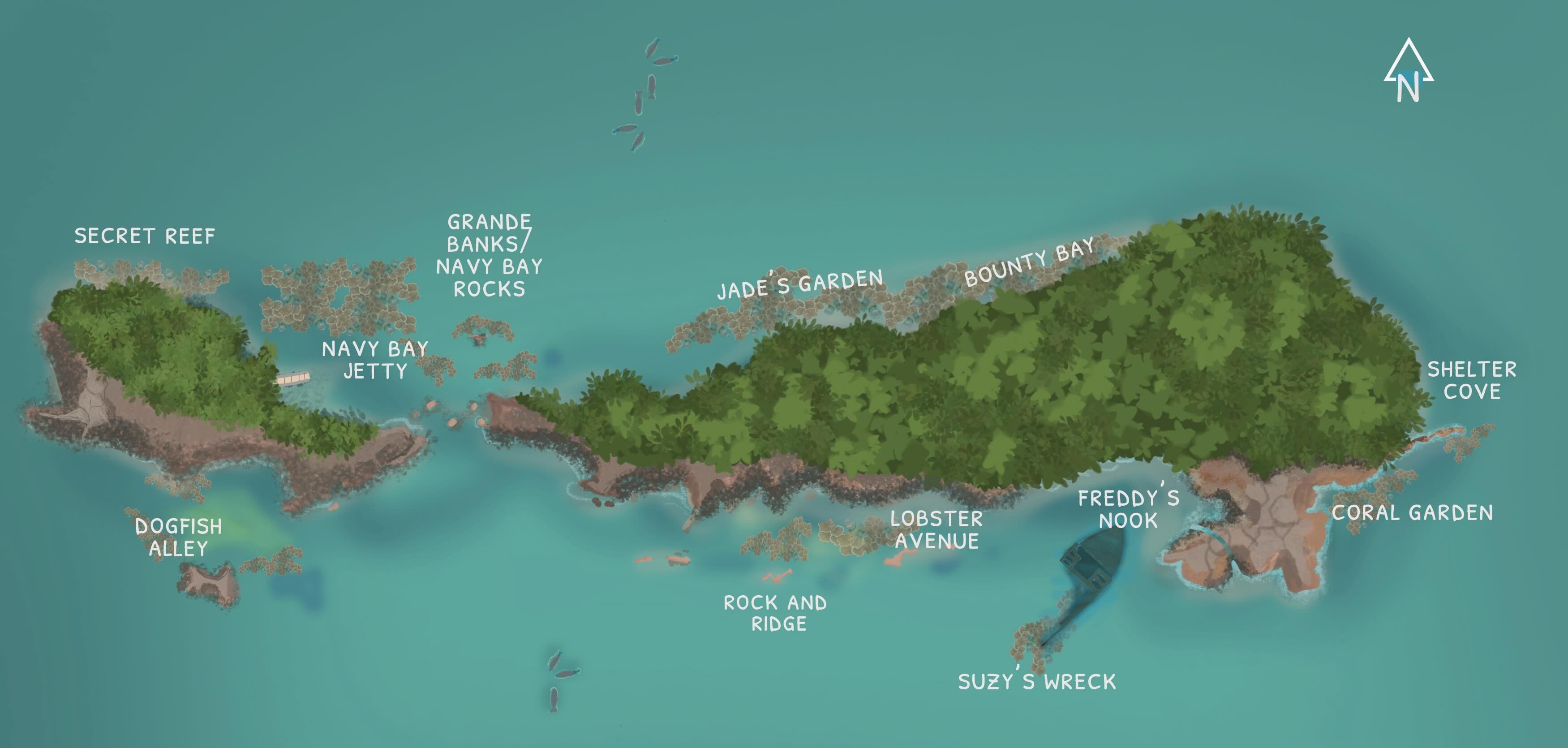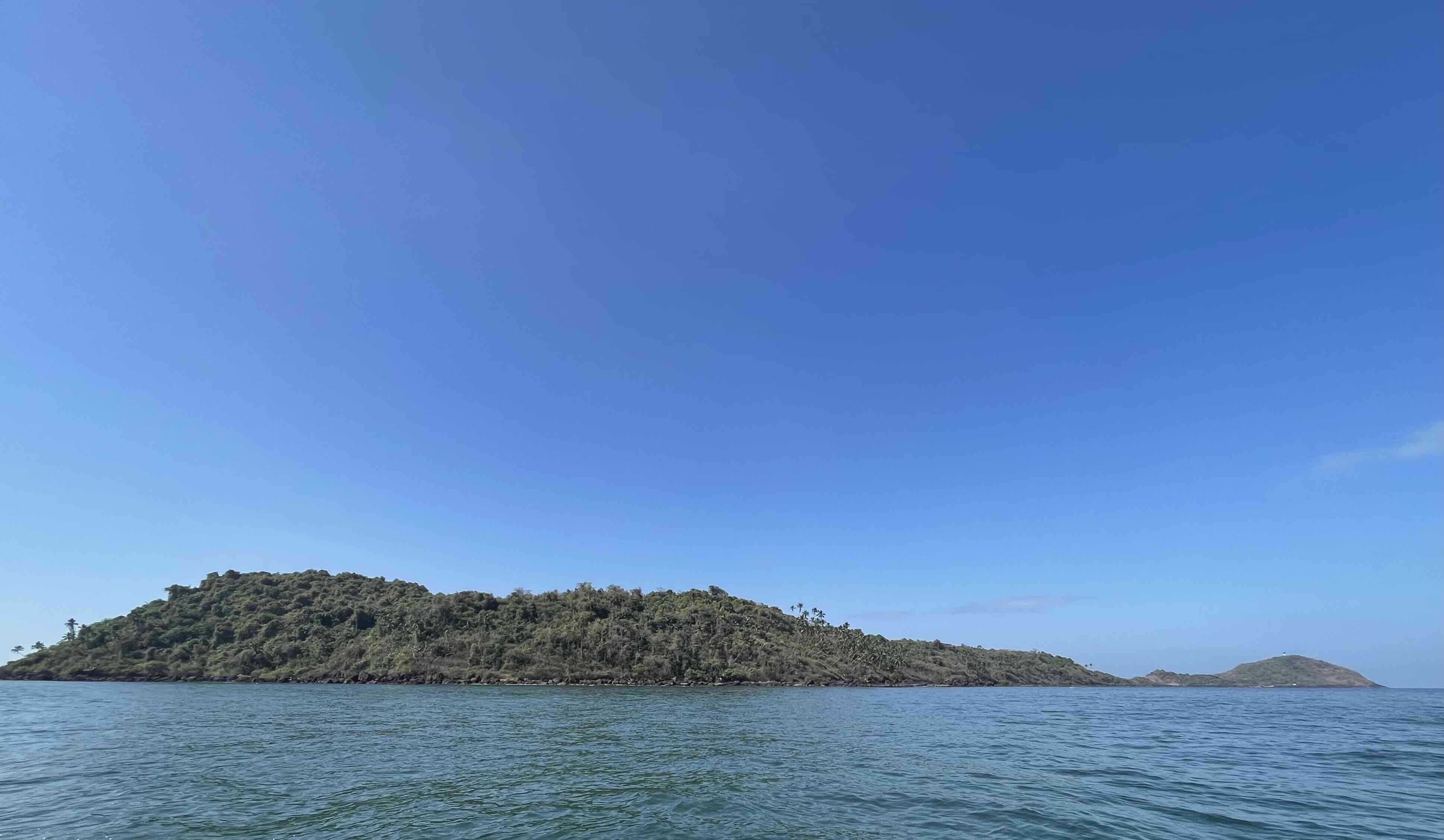The urban reef at Grand Island, Goa - considered resilient in the face of mounting anthropogenic pressures - supports one of the longest-running SCUBA diving operations in India. Tourism and other commercial activities around the islands remain unmanaged, threatening the biodiversity associated with the coastal islands. Increased sedimentation, physical injuries and pollution caused by such practices are affecting the reefs and increasing susceptibility to coral diseases, resulting in reduced live coral cover.

We engage with dive operators and professionals to understand their perceptions towards the impact of their operations and management of the islands’ habitat and supplement this approach by documenting diver behaviour underwater and identifying practices that impact the health of the reef. Additionally, we continue to undertake our annual monitoring surveys aimed at generating long-term data to track the ecological function of the reef.

In India, the dive tourism industry has supported awareness, education and conservation of coral reef habitats for two decades. Through our research, we work with the dive tourism sector, developing capacity towards adopting more responsible diving operations aimed at reducing pressures on the reef.